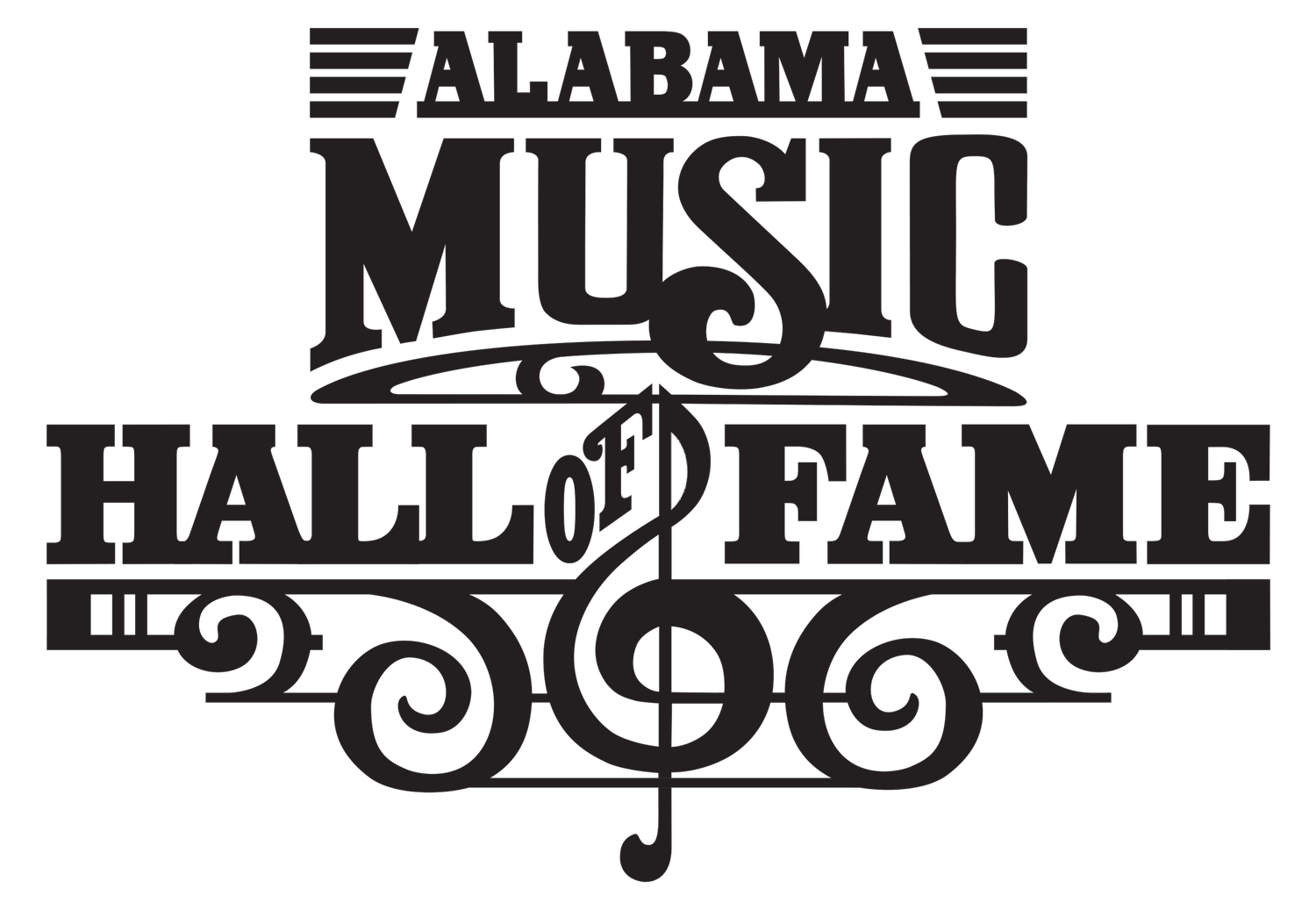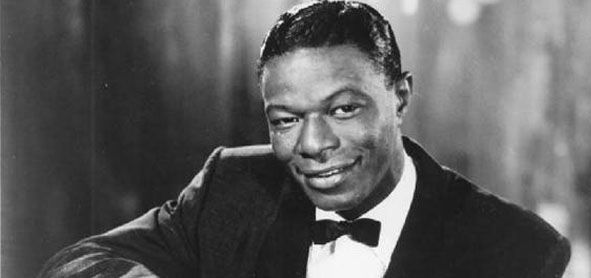Nat King Cole
March 17, 1919 - February 15, 1965
1985 Inductee
Montgomery native Nathaniel Adams Coles – better known by his stage name, Nat King Cole – earned prominence as a jazz pianist before switching to a singing career that would ultimately carry him to musical immortality.
The son of a butcher who yearned to be a preacher, Cole relocated to Chicago with his family when his father became pastor of True Light Baptist Church. Cole learned to play music from his mother, who served as the church organist. At the age of four, Cole made his musical debut with a performance of the novelty tune “Yes, We Have No Bananas.”
Inspired by Earl Hines, Cole spent much of his teenage years in the clubs of Chicago, listening to performances by jazz artists such as Louis Armstrong and Earl “Fatha” Hines. He earned his nickname “King” (inspired by the nursery rhyme “Old King Cole”) and dropped the “s” from his surname when he began playing piano in the Chicago clubs. Eventually, Cole and his older brother Eddie formed a jazz sextet, Eddie Cole’s Swingsters, and made their recording debut for Decca Records in 1936. The brothers went on the road with the all-black musical revue Shuffle Along the following year. When the tour ended in Los Angeles, Nat Cole decided to remain there and pursue his career as jazz pianist.
Fronting the King Cole Trio, Cole wrote, sang and played piano on “That Ain’t Right,” recorded for Decca in 1941. The song became a No. 1 hit on Billboard’s Harlem Hit Parade (later the rhythm-and-blues charts) in early 1943. The success of a second single for the Excelsior label, “All for You,” resulted in a recording contract with Capitol Records. The group’s first Capitol session, “Straighten Up and Fly Right,” topped the black charts in 1944 and also crossed over to the folk and pop charts. That success was followed by “Gee, Baby, Ain’t I Good to You” and a No. 1 album, The King Cole Trio.
The trio’s R&B hits led to appearances on radio and television as well as in films. Like its predecessor, the Capitol album The King Cole Trio, Vol. II reached No. 1 in 1946. The group went on to conquer the pop charts with its recordings of the Mel Torre/Robert Wells composition “The Christmas Song (Merry Christmas to You),” which peaked at No. 3 in 1946, and “(I Love You) For Sentimental Reasons,” which climbed all the way to No. 1 that same year.
After some personnel changes, Cole’s group was briefly known as Nat “King” Cole and the Trio. Beginning with the 1950 single “Mona Lisa” – a melancholy movie theme that became both a gold record and a No. 1 pop hit – all of his subsequent releases were simply credited to Nat King Cole. By the time he released the singles “Too Young” (1951) and his signature song, “Unforgettable” (1952), Cole ranked alongside his contemporaries Frank Sinatra, Perry Como and Dean Martin as one of the premier voices in American music.
In 1956, Cole returned to Alabama to perform and was attacked on stage during a kidnapping attempt by members of the White Citizens Council. The rescued singer went on to recover and complete the show, but he vowed never to return to the South – and he never did.
Cole continued to record hits into the early ’60s, including “Smile,” “Pretend,” “A Blossom Fell,” “If I May,” “Ramblin’ Rose,” “Those Lazy, Hazy, Crazy Days of Summer,” “Route 66” and “That Sunday, That Summer.” He starred in his own NBC television variety series, The Nat King Cole Show, which ended in 1957 after only one season. He also played fellow Alabama native W.C. Handy in the 1958 film St. Louis Blues and appeared in the movies The Blue Gardenia and China Gate.
A heavy smoker, Cole died of lung cancer at the age of 45. His final film – the outrageous, Oscar-winning Western spoof Cat Ballou(1965) – was released some months after his death. In addition to the Alabama Music Hall of Fame, Cole was posthumously inducted into the Alabama Jazz Hall of Fame, Down Beat Jazz Hall of Fame and Hit Parade Hall of Fame.
Cole was awarded with a posthumous Grammy Lifetime Achievement Award in 1990. A year later, his daughter – singer Natalie Cole – had an unexpected hit with her late father through a duet performance of “Unforgettable” that mixed the past voice of the father with the present voice of the daughter. The single and album Unforgettable – made up of Natalie Cole’s contemporary versions of her father’s classic hits – earned seven Grammy Awards in 1992.


